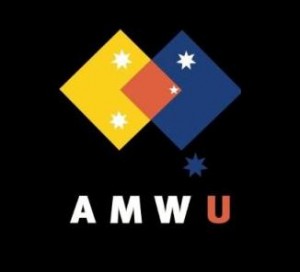Last week, Australia and China inked a landmark Free Trade Agreement (FTA), setting a platform to further the cooperation between the two countries.

The FTA, also known as ChAFTA, was signed by Australia’s Trade Minister, Andrew Robb, and China’s Commerce Minister, Gao Hucheng in Canberra.
While many welcomed ChAFTA, others have criticised it saying that the Australian government made “huge concessions” on temporary labour and investor rights in its “desperation” to complete the deal.
One of the more fierce critics is the Australian Manufacturing Workers’ Union (AMWU). The Union claims that Australian workers could be disadvantaged by ChAFTA. Namely, under the FTA, Chinese corporations can bring in entire workforces on projects worth as little as $150 million, under “Investment Facilitation Agreements”.
“Jobs for local workers must be guaranteed under any trade agreement signed – a fundamental test that this agreement fails. Any major construction project is over $150 million – these agreements could send employment shockwaves through the sector if we see free movement of workers brought in,” warned AMWU National President Andrew Dettmer.
“Despite the Government’s claims that labour market testing will apply, rules for these new IFAs will be based on Enterprise Migration Agreements – which do not require employers to advertise jobs locally before recruiting workers from overseas. There also are no safeguards that any workers coming from overseas be employed under Australian standards – thereby undercutting the entire workforce.”
The Agreement also includes an investor-state dispute settlement (ISDS) clause which will allow Chinese and Australian companies to appeal to an extraterritorial tribunal if they believe they have been discriminated against.
The AMWU said that it is “deeply concerned” about the ISDS mechanism that will allow Chinese corporations to sue Australia’s government in overseas trade tribunals if a change in law can be claimed to have harmed their investments in Australia, pointing out the case of tobacco giant Philip Morris, which is suing Australia over its cigarette plain packaging laws.
ChAFTA allows Chinese workers to be brought into Australia to work on the project, so long as the project is related to infrastructure development within the food and agribusiness; resources and energy; transport; telecommunications; power supply and generation; environment; or tourism sectors.
Since there is no requirement under the MOU for labour market testing, the project company will not need to prove that they are unable to source Australians to work on the project.
As far as pay is concerned, the minimum wage to be paid to imported Chinese workers will be agreed upon and determined by the project company and the immigration department rather than being the Australian minimum.



















